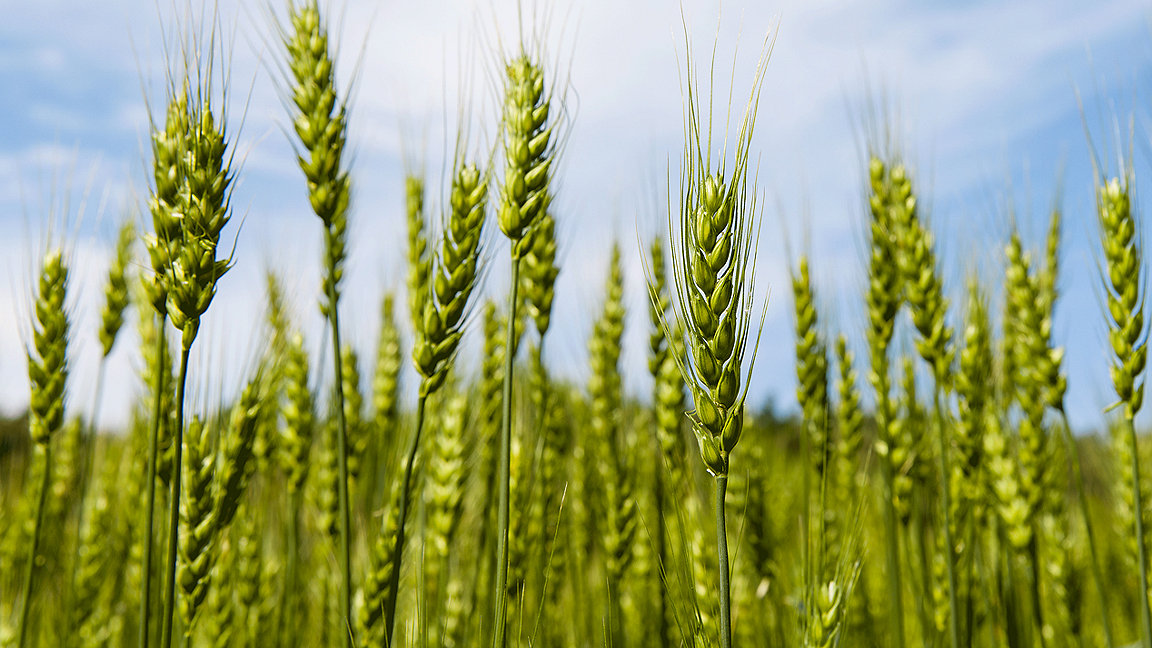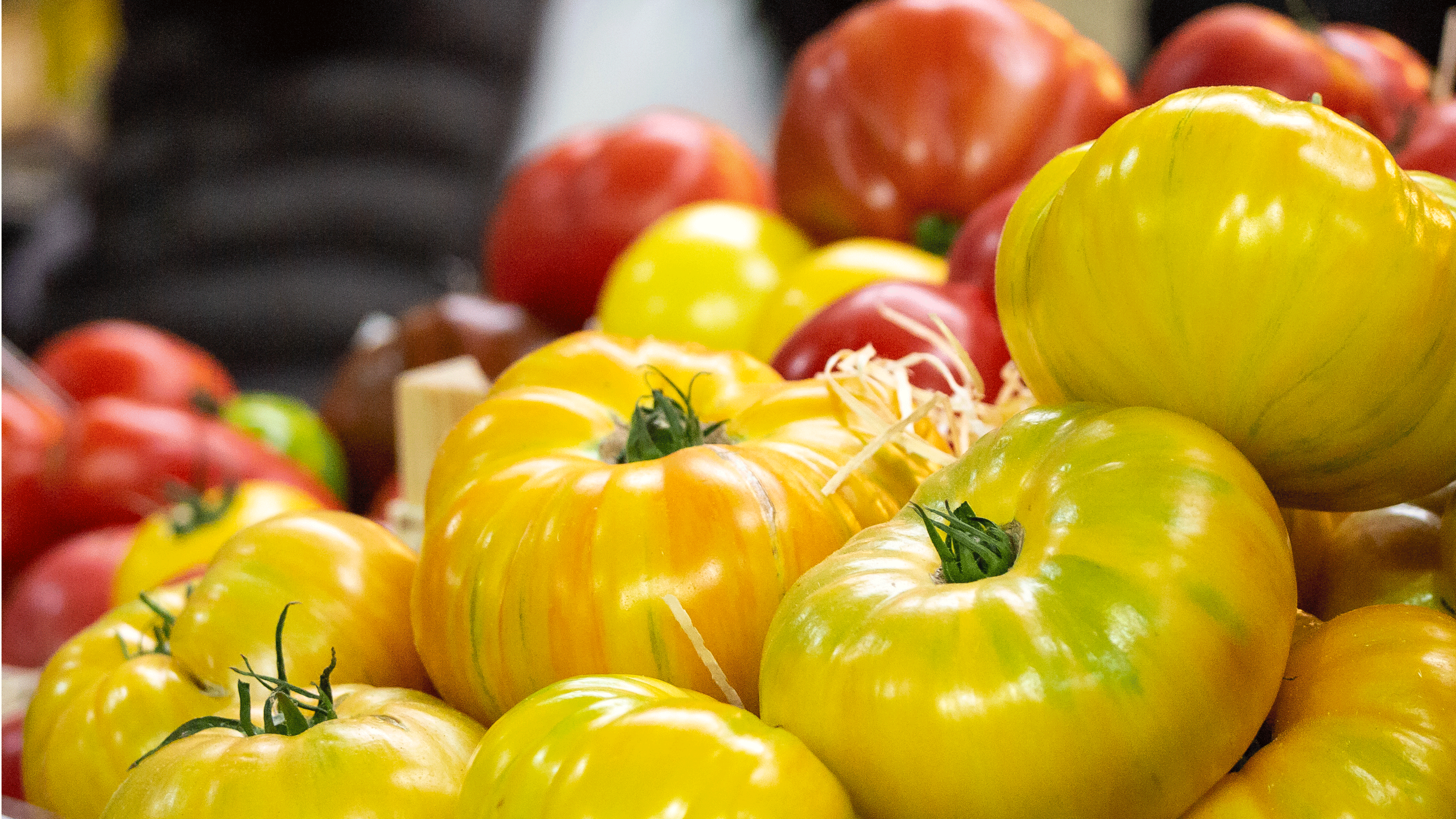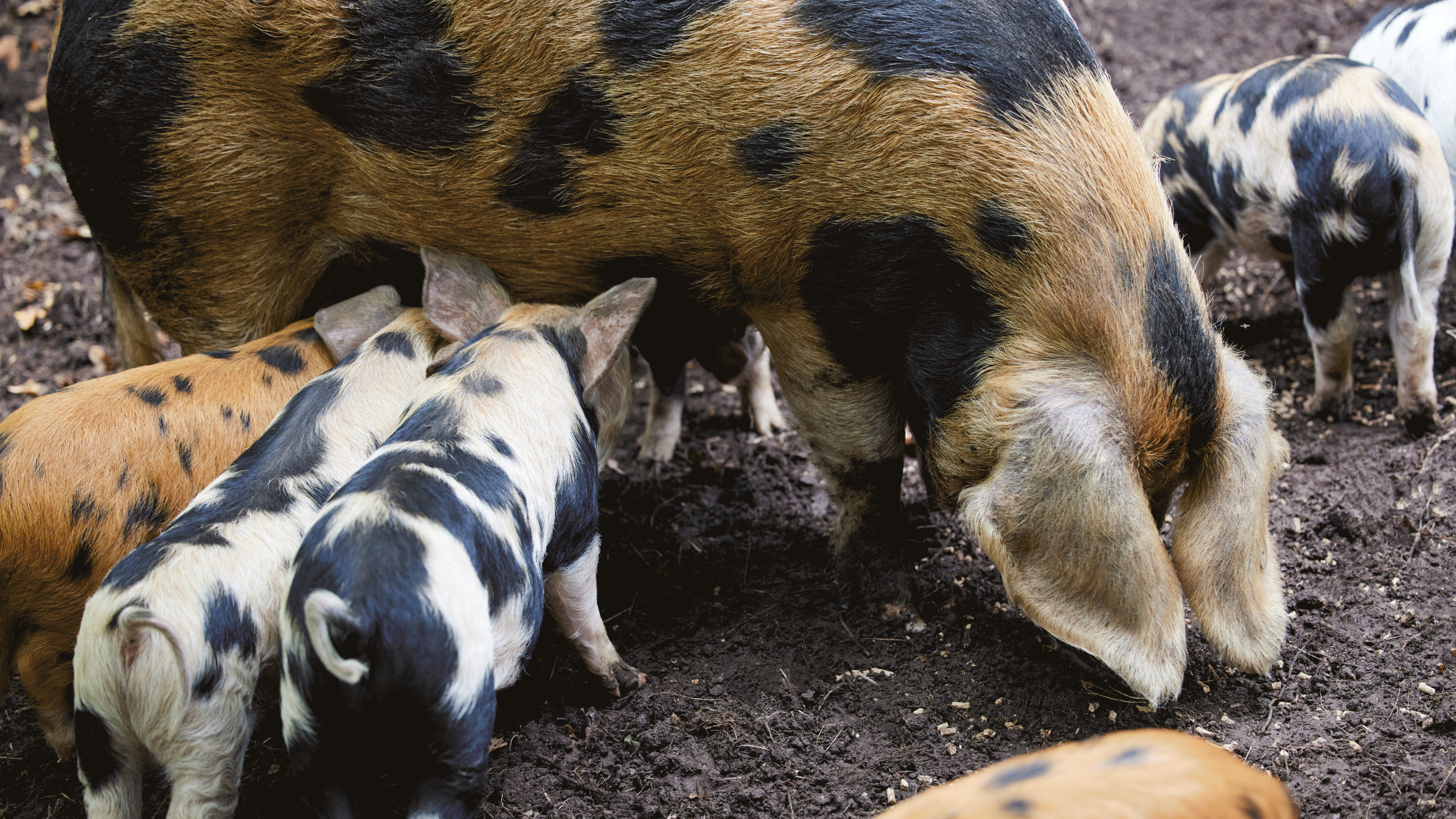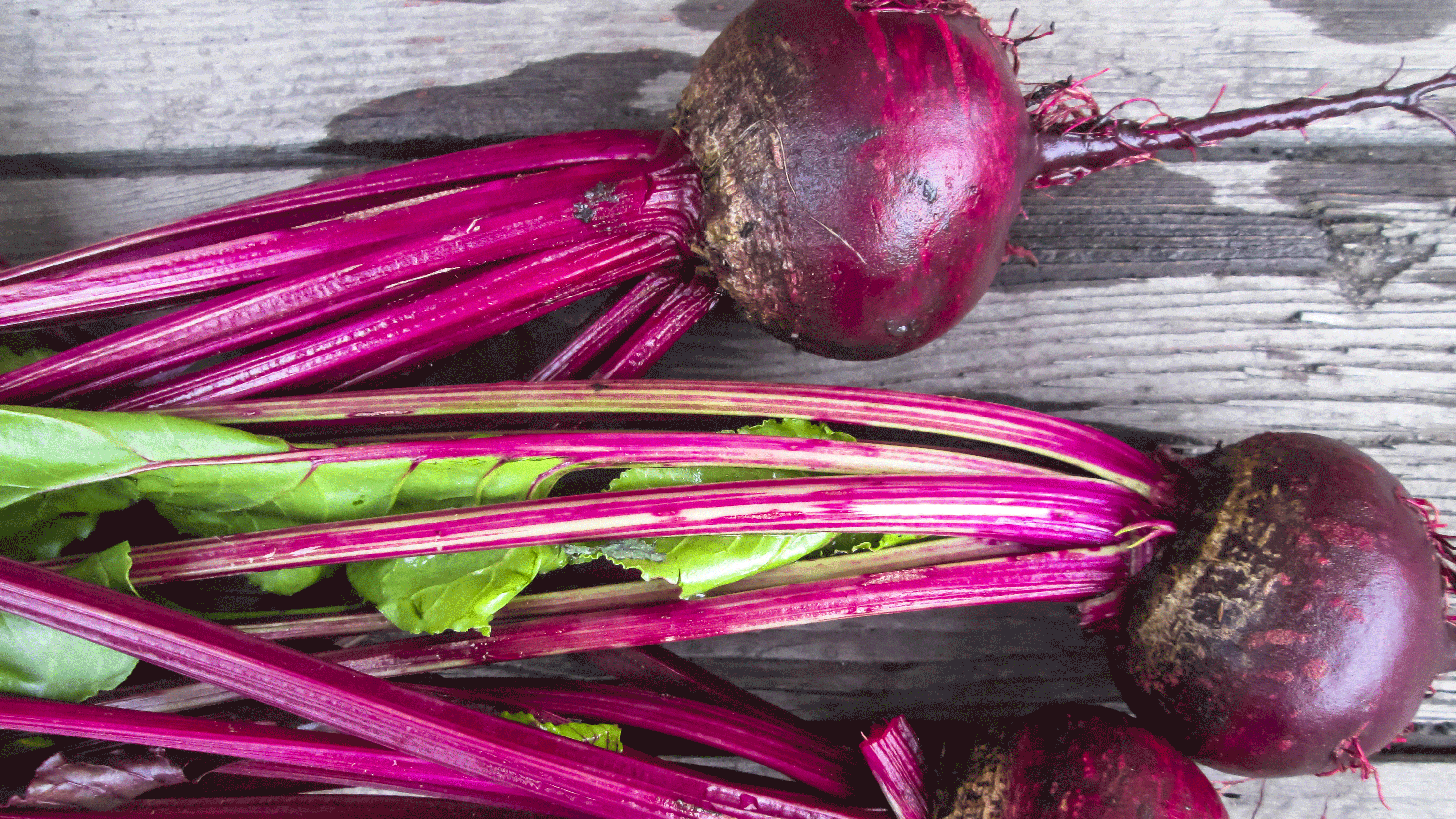
With so much focus in the land sector recently on topical issues such as climate change, biodiversity, natural capital, and public money for public goods, a look at agriculture in the UK is timely.
Agriculture has weathered many storms – literally and metaphorically – but its future is currently a hot topic, with polarised views on what is in prospect. The one thing that is certain is that change lies ahead.
The sector faces diminished support as payments under the EU's Common Agricultural Policy are phased out, and uncertainty remains about how money will be allocated under the new Environmental Land Management Scheme (ELMS) over the longer term.
Meanwhile, the Department for Environment, Food and Rural Affairs (DEFRA) is currently consulting on proposals to offer farmers wanting to leave the sector a one-off lump sum payment, for which they would surrender their entitlements under the Basic Payment Scheme (BPS) of rural grants. They would then be able to rent out, sell or transfer their land by gift if they are an owner–occupier, or surrender their tenancy if they are on tenanted land.
DEFRA believes that offering a lump sum will help those who wish to retire or leave agriculture to do so in a planned and managed way, thereby making more space for the next generation of farmers, as well as providing opportunities for farmers wishing to expand to improve their profitability. This should help bring fresh thinking into agriculture, supporting an innovative and vibrant sector and boosting overall productivity.
In addition, there has been much media coverage of late concerning the post-Brexit trade deal with Australia, and the implications of this and other deals for UK agriculture. With this in mind, I listened back to a Farmers Weekly webinar in which commentators outlined their views on what lies ahead for UK agriculture.
A presentation from economist Sean Rickard raised a number of interesting points. Not everyone will agree with his views, and many in the sector will have different opinions on the path UK agriculture should take. But he was thought-provoking: for instance, he opened by declaring that COVID-19 would have absolutely no impact on the future production or consumption of food, maintaining then that Brexit is the most important issue.
Rickard noted that the sector is used to taking a long-term view and planning five to ten years ahead. Such planning must now entail preparation to trade with countries that have lower agricultural production costs than the UK. Given that we can't reverse Brexit, Rickard maintained that we need to look at what we can do to protect the sector and ensure a bright future.
Agricultural challenges
Rickard thought that the sector will have to rise to three major challenges.
First, while UK agriculture already has high standards, it will need to continue to raise, for example, those for animal welfare, and health and safety. Attention will also need to be given to improving standards for those who work in the sector, including offering more attractive career paths.
The second challenge will be sustainability, because we are in effect all environmentalists now. The sector will need to focus on lowering its greenhouse gas emissions and dealing with pollution. At the same time, it also needs to raise productivity – a subject already much discussed within the sector for some time. This will entail using less water, energy and minerals, for example, and more output will be needed per unit of input.
The third challenge will be for the sector to be more internationally competitive. Products will have to be attractive to domestic and overseas consumers alike. If successful, this will improve the UK's balance of trade, and increase both self-sufficiency and food security.
We cannot turn back to protectionism: that is not an option in the modern world. Rickard highlighted that while the domestic market is important, it is only growing slowly at around 0.7% per year. Globally there is a growing middle class, which is forecast to rise to 4bn by 2030, and their demand for food products is growing at roughly 5% per year.
Rickard believed that one of these challenges will need to take precedence over the others, and in his view the sector must prioritise becoming internationally competitive after Brexit. To do so, the focus will need to be on supply-chain. In addition, he believes the production of value-added food products will be essential to our success. We can't compete with other countries – such as the US on grain or Brazil on beef – and will need to focus on our own distinctive products, such as whisky, offering value and taste.

.gif)
These issues were picked up in a Land Journal article from another economist, Brian Revell. Revell zoned in on total factor productivity (TFP) for the sector, essentially a measure of the efficiency of farm businesses in turning inputs into outputs, outlining that UK agriculture's TFP since 2000 has grown at only 0.7% year – which coincidentally aligns with Rickard's figure for annual growth in the domestic market.
Revell also looks at the UK's trade balance, outlining that it exported more than £21.5bn of food and agricultural products in 2018; however, its net trade balance in the sector – exports minus imports – was still in deficit, to the tune of £21.3bn. Only two product groups saw a net surplus balance. Beverages, including spirits, earned a £1.6bn surplus on exports of £7.6bn, and processed cereal products had a £40m surplus. These are sobering numbers.
Revell also outlines that, based on 2016 trade data, beverages, milling products and miscellaneous prepared food were the only UK agricultural and food product groups that both had a domestic trade advantage and were export specialisations. This is something we should bear in mind when politicians talking about the opportunities that global trade will present us on the export front.
Future food
Rickard said we need to focus on animal welfare, and the safety, provenance and sustainability of food production. He outlined that the key to achieving success on some of these fronts will be to establish trusting, cooperative relationships between farmers and processers.
We need to recognise that agriculture is becoming a digital, high-tech sector, Rickard maintained, and farmers are going to have to upskill and to get used to dealing with large data sets that will inform decisions in real time.
In addition, improved productivity needs to be based on sustainable intensification; that is, producing more food from existing farmland while at the same time reducing negative environmental impacts and providing societal, economic and environmental benefits. This will involve releasing land for habitat and trees, and concentrating agricultural production on the land most suited to production.
We also need to use agricultural biotechnology and adopt precision farming techniques; while Rickard wasn't specific, a good example of the latter would be deploying wireless sensors to monitor soil moisture and help with irrigation scheduling.
Rickard saw the Agriculture Act 2020 as mainly a land management policy designed to support a shrinking food industry. He argued that this in itself was not sufficient, and we also need a food policy that explains how the UK's food industry will be able to compete internationally.


Interestingly, consultants at The Andersons Centre believe that short-term prospects for farm profitability seem reasonable but that issues remain on productivity. They too draw attention to the fact that new trade deals will change trade terms for UK agriculture and this will occur against the backdrop of increasing societal demands on farming such as climate-friendly farming. Most importantly, they reference the loss of BPS in England, half of which will be gone by 2024 and ask how this will be replaced.
Beyond land
Some of Rickard's insights on technology and sustainability can be applied in other areas of surveying. A major property company recently advised RICS that many technical skills previously demonstrated by graduates are being automated.
The firm is currently seeking graduates with backgrounds in data analytics, technology, sustainability and management consultancy because it needs staff with report-writing and data management skills. It has also advised that, in addition to shifts on the technology front, sustainability is the fastest growth area of the business.
These insights are closely aligned with those in the RICS Futures Report 2020, which highlights the impact of technology and sustainability on the profession and the challenges and opportunities that lie ahead. It's clear that it's not just those in agriculture who face change.
'As Rickard suggested, it is the effects of Brexit with which we need to be concerned. Worryingly ELMS seems to be misunderstood by many: 40% of respondents to Knight Frank's 2020 Rural Sentiment Survey believe that the scheme will cover more than half of the amount of BPS currently received, with more than 10% believing it will cover all or more.
'In my view, Rickard has raised some valid points. We cannot reverse Brexit, so we need to look forward, meet the challenges and adapt. This means change, competitiveness and productivity. As rural chartered surveyors and consultants, we need to be ready to guide our clients and the rural sector as a whole through the maze that lies ahead.'
Gerard Smith, member, Rural Expert Working Group

